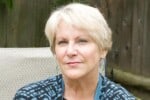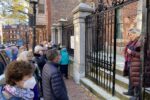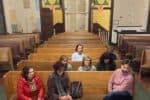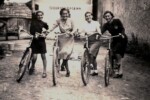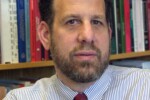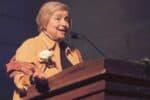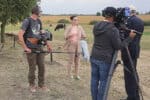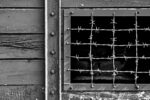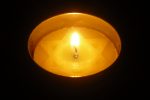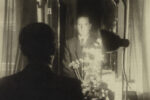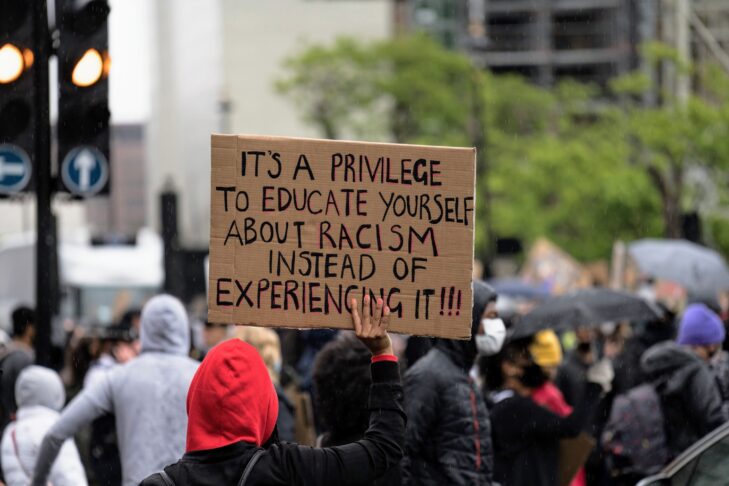
This course explores current hot-button issues in the American landscape through the lens of Jewish texts, traditions and history. We consider how the same questions and controversies that confront us today have been debated by our forbearers for hundreds, if not thousands, of years.
Register for one specific session or the entire series!
Sept. 23: A House Built with a Stolen Beam: Ill-Gotten Gain, Reparations, First Nations, and Black Lives
The Talmud frames an important legal debate and moral dilemma with a case that is titled “A House Built with a Stolen Beam.” We study this case for its contemporary implications on issues including reparations and the Black Lives Matter movement and the rights and dignity of Native Americans.
Sept. 30: Market Economics and Social Welfare: A Delicate Balance
Do enhanced unemployment benefits set up a disincentive for re-entering the workforce? Do we extend lifelines to tenants or landlords? Do we bail out banks and institutional lenders? What information and tools do we need to resolve these questions? How do sources such as the Torah, Hammurabi’s Code and the Mishnah provide a blueprint for making sense of the balance between social welfare and market economics?
Oct. 7: Widening Our Gates: Sexuality, Gender, and a Non-Binary Worldview
At first impression, it seems that our authoritative sources such as the Torah and Talmud stand squarely against same-sex relationships. But are there nuances and gray areas? To what extent can we reconcile modern progressive norms and inclusive attitudes with our own authentic traditions? Can we find a Jewish vocabulary that adapts to, and ultimately embraces, a fluid and non-binary approach to gender and sexuality?
Oct. 14: Civil Liberties in Stressful Times
In a post-9/11 world, we were forced to sacrifice some of our individual and communal liberties to ensure our safety and security. But where do we draw the line and how do we hold our leaders accountable? Today, we are confronting the same challenges and dilemmas as we wrestle with effective pandemic protections and meaningful police reform. During this session, we will wade into the dramatic ancient story of Shimon ben Shetach and the Witch Trials of Ashkelon to understand how our ancestors attempted to resolve the same ethical and practical challenges.
David Bernat is a highly regarded educator and community-builder. He has a Ph.D. in biblical interpretation from Brandeis and has published in the areas of Jewish ritual and representations of violence in Jewish text and tradition. David has held faculty positions at Wellesley College and UMass Amherst, and is now engaged in social justice work as a consultant with JALSA, The Jewish Alliance for Law and Social Action.
+ More... - Less...CJP provides the above links concerning third-party events for your convenience only. CJP has no control over the content of the linked-to websites or events they describe, and accepts no responsibility for the websites, including any advertising or products or services on or available from such sites, or for any loss or damage that may arise from your attending, or registering to attend, the described events. If you decide to access any of the third-party websites linked to below, you do so entirely at your own risk and subject to the terms and conditions of use for such websites and event attendance. CJP is not responsible or liable to you or any third party for the content or accuracy of any materials provided by any third parties. All statements and/or opinions expressed in the linked-to materials or at the described events, and all commentary, articles and other content provided at the third-party websites or at the events, are solely the opinions and the responsibility of the persons or entities operating the linked-to websites and events. The inclusion of any link on this website does not imply that CJP endorses the described event, or the linked-to website or its operator. MORE






